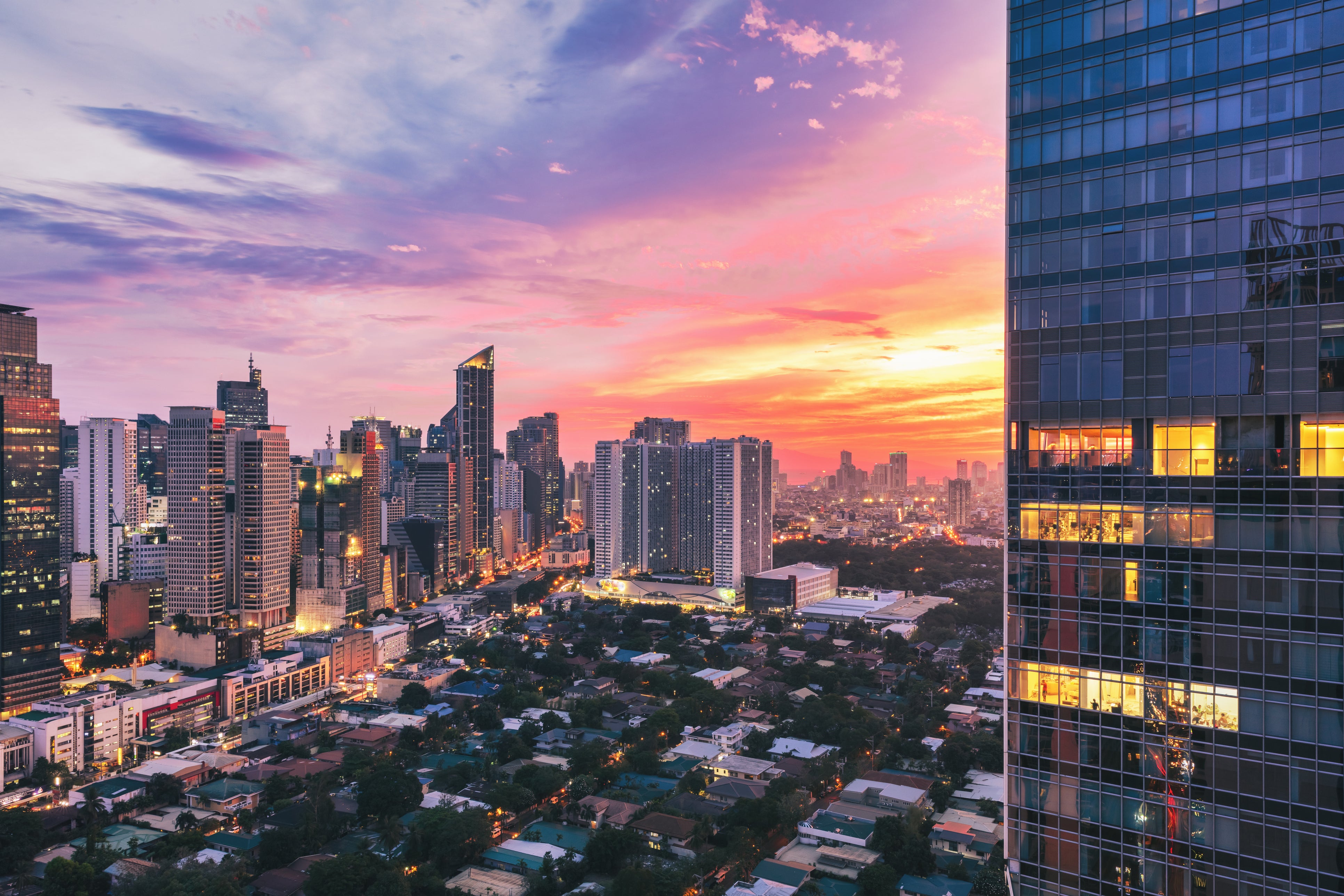Alveo Land is a Business Reporter client
The growth of the global housing market in 2020 and 2021, when other markets were suffering the effects of the Covid-19 pandemic, illustrated not just its resilience in the face of crisis, but the ability of property developers to respond to the changing demands of buyers and renters.
As market expansion accelerated, rising from 1.8 per cent in 2019 to 3.6 per cent in 2020 – and growing again in 2021 – buyers became more particular in their demands. They wanted more than just a place to live or work. They wanted space and comfort, proximity to parks and nature, a sense of community, and the knowledge that the property they inhabit is sustainable.
Real estate developers who pivoted to deliver on these changing demands have prospered. It is now they who provide enticing prospects for investment.
Exciting investment opportunities in Philippine real estate
The Philippines has one of the highest population densities in the world. Demand for housing is accordingly high, but real estate market saturation is low. That means a relatively limited number of developers are competing for substantial business opportunities, which in turn means that each holds significant growth potential.
Along with its high demand for housing, the country also has the capital to support that demand. “We have a growing population that is matched by an increase in purchasing power,” says Rex Mendoza, one of the key financial and real estate investment experts in the Philippines. “With this, we expect the Philippine real estate market to remain robust in the near future.”
Although the Philippines market has had a complicated journey over the past four years, the outlook for 2022/23 is good. Employees are being encouraged to return to their workplaces, meaning demand for office space will rise. One professional services and investment management company expects rents to increase by 1.5 per cent over the year, and prices to rise by 2.7 per cent.
Meanwhile, the winding down of global Covid-related travel restrictions that had limited cross-border movement means that foreign employees will also start to return to the Philippines in greater numbers. They will drive up demand for rental properties further, and in turn, increase rental yield.
Maintaining a diverse portfolio
Anyone looking to invest their money for the first time will be told one thing: diversify your investment portfolio. That is the surest way to minimise risk.
The same goes for the property market. Particularly during times of economic uncertainty, a real estate developer with properties across the range of sectors and types – commercial and residential; property for rental and buying; horizontal and vertical – is spreading their risks, just as a careful investor in the stock market also would.
Ayala Land is one such example of this. It is the largest and most diversified property developer in the Philippines. Its portfolio includes shopping malls, office developments and residential buildings, as well as hotels and resorts across the country. It has also developed large-scale mixed use estates that serve all sectors of the market.
Living well with security, sustainability, and community
Alveo Land is Ayala’s upmarket development arm, now celebrating its 20th year in the industry. Alveo is a prime example of how developers are responding to changing demands in property, with every facet of its buildings carefully planned and considered to ensure a high quality of living and working experiences around the county. And this is exactly what its projects in Arca South, for example, exemplifies.
This 74-hectare business and lifestyle district by Ayala Land is designed to offer retail centres, pocket parks, sustainable amenities and access to an intermodal transport system, along with a diverse range of residential and office properties. It is, Mendoza says, “a master-planned estate that will be a district of the future.” At the heart of Metro Manila, it stands tall as one of the top urban areas in the Philippines that is ideal for investment today.
Alveo’s Tryne Enterprise Plaza, one of the Arca South district’s standout developments, will give employees a sustainable and healthy lifestyle. “It has flexible, open spaces, and a 100 per cent glass facade that will allow the entry of natural light while controlling the heat due to its double-glazed feature,” Mendoza notes – an indication of Alveo’s ability to react to growing concerns about the property market’s impact on the climate.
Thinking ahead in an evolving market
A house shouldn’t just be a place to live and an office a place to work. Rather, they should enrich the lives of the people they serve and help stimulate local economic growth. This is the guiding philosophy behind Alveo Land’s vision for the future of the Philippine real estate market.
The demand for developments of the kind Alveo specialises in is growing. This is the time, and the Philippines is the place, to diversify your investment portfolio for the future.
Originally published on Business Reporter
Subscribe to Independent Premium to bookmark this article
Want to bookmark your favourite articles and stories to read or reference later? Start your Independent Premium subscription today.
